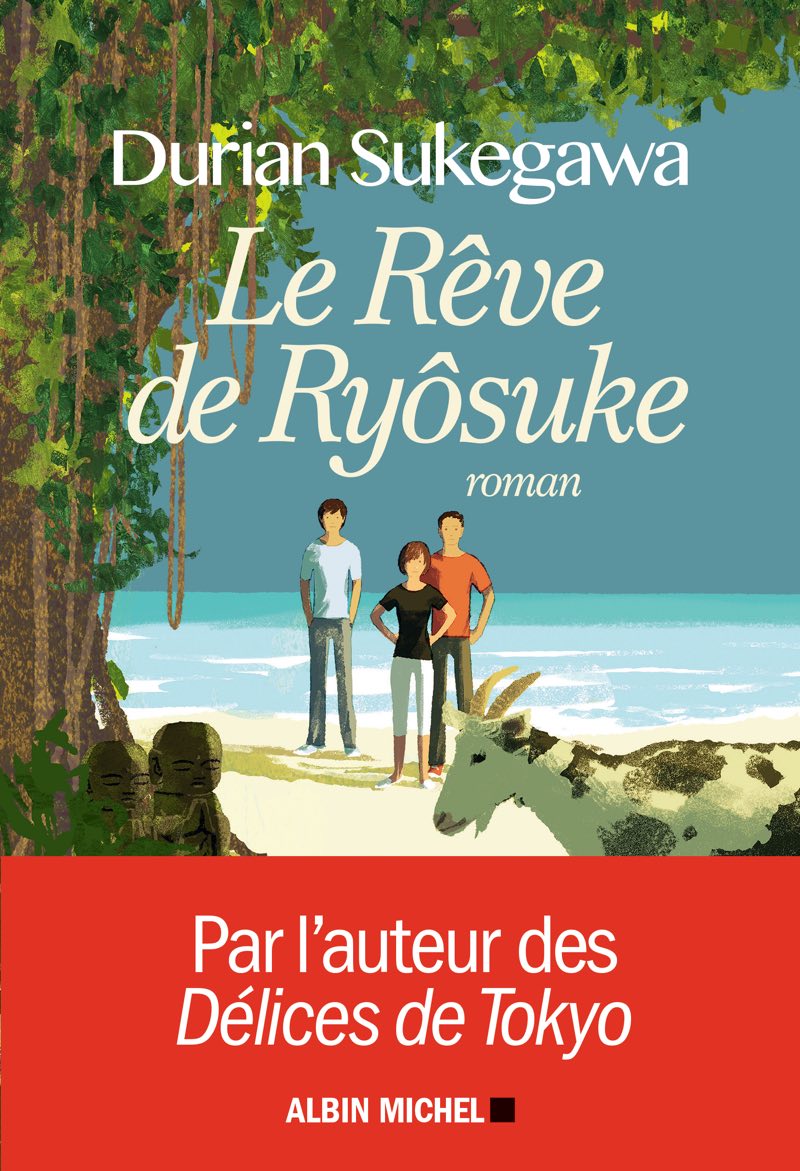

After returning from New York he also formed the Arlequins Voice Theatre duo.

Upon returning to Japan in he began writing under the name Tetsuya Akikawa and published numerous works before reverting in 2011 to his previous professional name of Durian Sukegawa. While there he also witnessed and reported on the 9/11 attacks. From 1996 to 1998 he was also the anchor of a popular music program called Kimpachi Sensei, which introduced English-language rock musicians and songs, based on the concept of learning English through music.Īfter the breakup of the band Sakebu Shijin No Kai Sukegawa went to New York in March 2000 and spent two and a half years in New York, playing in music venues with a Japanese/American band. Since 2015 Sukegawa has been a regular on the Nippon Radio Telephone Life Consultation program. The program was awarded a Hoso Bunka Foundation Prize in 1995. The band had a strong following and recorded numerous albums but broke up in 1999 after one of the members was arrested on drug charges.įrom 1995 to 2000, Sukegawa hosted a late night talkback radio program that garnered a cult following amongst young people who phoned in with their problems and were appreciative of his non-judgmental style. An assignment to report on the Revolutions of 1989 in Eastern Europe became the inspiration to form the hard-rock spoken-word band Sakebu Shijin No Kai (The Shouting Poets Association) in 1990. Instead he forged an independent career writing for magazines, radio and television. After graduating in Asian Philosophy from Waseda University he was unable to follow the conventional career path for university graduates because of color blindness, which disqualified him from applying for positions in most companies, including the media. He attended Tokai High School in the city of Nagoya for senior high in order to play American football.

Sukegawa was born in Tokyo and grew up in the city of Kobe.


 0 kommentar(er)
0 kommentar(er)
